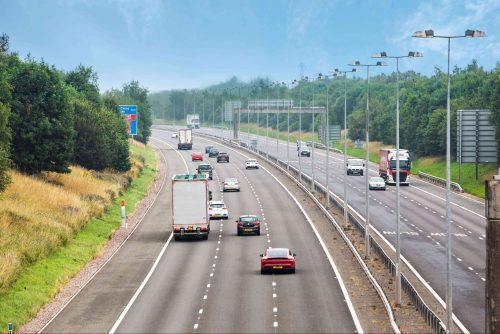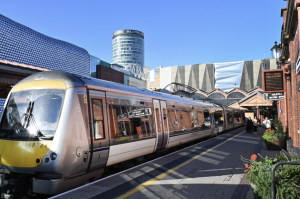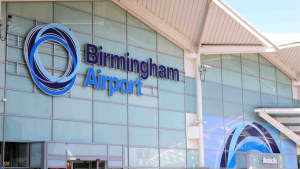Major road provides a huge boost

According to a new independent report, the M6toll provides a £400m boost to the West Midlands economy.
Strategic economics consultancy, Vivid Economics, carried out the report titled ‘M6toll: a regional and national economic catalyst’ to look at the economic impact of the road.
Existing Government approved data, figures from Highways England and the Department for Transport and the Land Registry were used to assess the contribution of the M6toll to the region and the wider national road network.
The study reports that based on the roads ability to increase capacity and connectivity, the M6toll is responsible for a £400m boost to the West Midlands due to productivity gains and job creation.
Andy Cliffe, M6toll Chief Executive said the road, “causes firms to locate and expand into the region. The expansion of a business is all about better connectivity and that’s what we provide.
“Better linkage across the West Midlands or other regions creates more economic growth and more jobs.”
The report details that the M6toll is a major catalyst for investment from expanding firms, with 1,200 firms locating to the West Midlands region and 500 jobs created as a result of the road’s connectivity and reliability.
It also has calculated that the M6toll has helped boost wages by 1.4% – equivalent to approximately £280 million in additional total wages per year for the region.
Furthermore, assuming a median UK income of £29,000, the additional 5,000 jobs created by the M6toll has resulted in £140 million a year in additional salaries.
Cliffe also says the M6toll has 50,000 vehicles use its road everyday pre-pandemic and does: “a very good job of alleviating those longer distance journeys for example from Manchester to Oxford.
“We take about 85% of those long-distance journeys away from central parts of Birmingham and the M6.”
The study found the M6toll encourages the switching of through traffic to the tolled solution – saving business and individual customers three million hours a year and taking traffic off congested local roads. The road also serves an increase in HGV drivers, which is expected to continue.
It also keeps the region and country moving with substantial journey time savings compared to alternative congested alternative routes. This includes an average journey time saving of 41%, and a 10-15 minute journey time saving compared to local A roads such as the A5 and A38.
Cliffe said: “While we welcome these findings, we will not use them as a reason to rest on our laurels or put the brakes on our ambitions. By delivering strategic initiatives such as our Road Ahead programme, we continue to move forward in providing a reliable and effective alternative route through the congested West Midlands and improving the UK’s connectivity.”
James Patterson-Waterston, Director of Cities and Infrastructure at Vivid Economics said: “Vivid Economics is pleased to have supported MEL in this important study to assess the socio-economic impacts of the M6toll in an independent and robust way.
“The M6toll plays a critical economic role as both a national and regional asset. The road facilities national north-south freight across the UK, minimising the flow of HGV traffic through the crowded urban M6 corridor. Regionally, the road plays an important role in facilitating access to jobs and markets for residents.”








